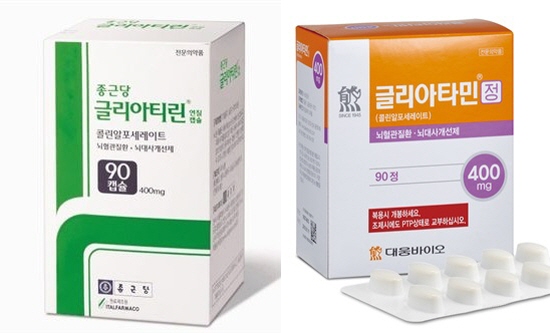The government has completed negotiations with 58 pharmaceutical companies to retrieve health insurance paid for choline alfoscerate, adjuvant treatment for dementia.
Some companies accepted the National Health Insurance Service’s proposal to recollect 20 percent of health insurance covered for the drug.
However, others earning relatively a large amount of revenue from choline alfoscerate rejected the offer and demanded an extension of negotiations for further review.

On Tuesday, the NHIS said it held talks with 58 drugmakers to negotiate how much the government should recollect the expenses for the dementia adjuvant therapy, following the administrative order by the Ministry of Health and Welfare.
In September, the health and welfare ministry limited reimbursement for choline alfoscerate due to the need for re-evaluation of its eligibility for health insurance coverage, amid controversy over the treatment’s clinical usefulness.
The insurance benefit is recognized only for secondary symptoms from cerebrovascular defects and degenerative organic brain syndrome.
The NHIS and choline alfoscerate sellers have been negotiating over the health insurance recollection.
Among 130 drugmakers ordered to negotiate, 72 agreed to give up the sale of choline alfoscerate medicines, and the rest 58 continued the talks with the NHIS until Tuesday.
Initially, the NHIS had proposed a 100 percent recollection rate, but it met a strong backlash from drug companies. The NHIS lowered it to 50 percent and 30 percent, but the government and the companies failed to conclude. Then, the NHIS offered a 20 percent rate as a final option.
Some companies accepted the 20 percent recollection rate, but the others demanded an extension of the negotiation.
“After we lowered the recollection rate to 20 percent, we reached an agreement with some pharmaceutical companies. But the others demanded that we extend the negotiation time for further review,” an official at NHIS said. “We delivered their opinions to the health and welfare ministry.”

